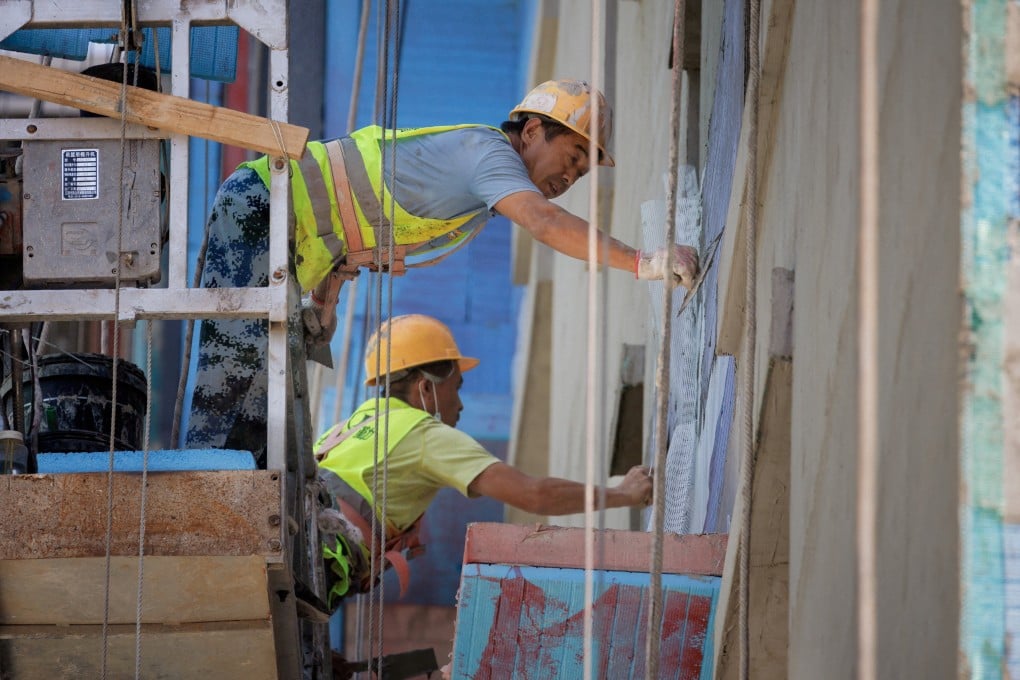China’s zero-Covid policy remains ‘main constraint’ to economy as manufacturing, services wobble
- Official manufacturing purchasing managers’ index (PMI) rose to 49.4 in August, while the non-manufacturing gauge fell to 52.6 from 53.8 in July
- Power shortages caused by record heatwaves have largely subsided, but new coronavirus outbreaks are set to weigh on both manufacturing and services sectors

China’s manufacturing and service sectors are set to remain under pressure in September from coronavirus outbreaks after combining with heatwave-induced power shortages and a struggling property sector to weigh on activity in August, according to analysts.
The official non-manufacturing PMI, which measures business sentiment in the services and construction sectors, also beat expectations but still fell to 52.6 from 53.8 in July.
The soft reading is not so surprising, as the Chinese economy was under multiple headwinds in August
“The soft reading is not so surprising, as the Chinese economy was under multiple headwinds in August,” said Larry Hu, chief China economist at Macquarie Group.
“Some of the headwinds have gone. Power rationing has eased as the weather is turning cooler and the rain finally came in Sichuan. More importantly, policymakers have rolled out a new round of policy easing with a focus on property, since they returned to the public eye in mid-August.
New waves of the Omicron coronavirus variant have been found in several large cities in China, with the tech hub of Shenzhen imposing partial lockdowns, while the likes of Chengdu, Shijiazhuang and Tianjin have stepped up control measures.